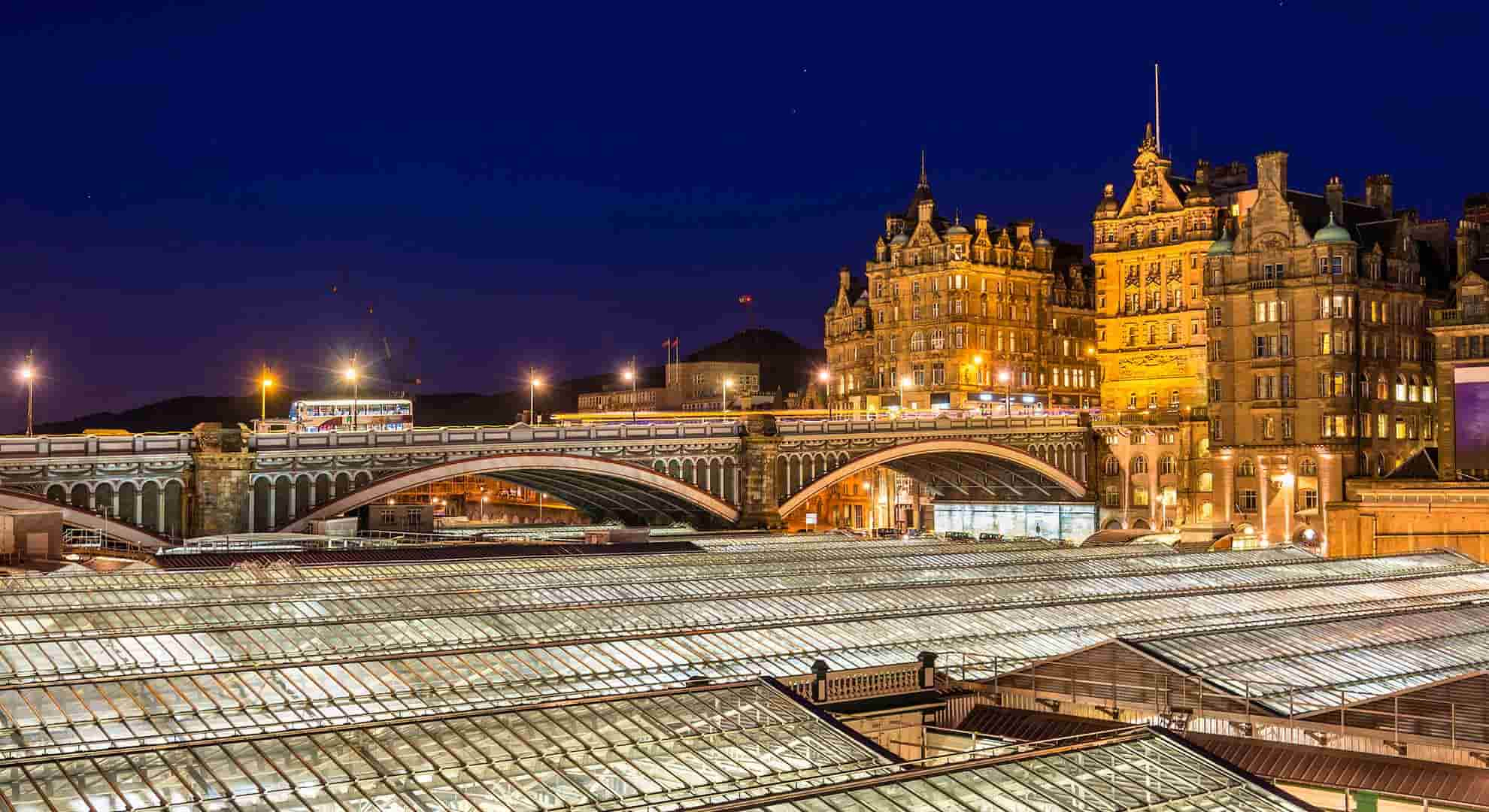
Circular places – a place based approach
Zero Waste Scotland is collaborating with national and regional stakeholders across Scotland to support a place-based transition to a circular economy.
This approach enables us to work closely with our partners to identify region-specific challenges and opportunities, allowing for the development of targeted initiatives that drive local-level change and progress toward a circular economy.
Benefits of a place-based approach
- Local Focus: Place-based initiatives consider the distinct characteristics of a specific location, such as its cultural heritage, natural resources, economic strengths and weaknesses, social dynamics and infrastructure.
- Community Engagement: Successful place-based initiatives involve active participation from the local community. Engaging community members helps ensure that the initiatives are relevant, responsive, and aligned with the community's priorities.
- Holistic Approach: Place-based initiatives often use a holistic approach, considering various interconnected aspects of a community's life, including economic, social, environmental, and cultural factors.
- Collaborative Efforts: Initiatives typically involve collaboration between various stakeholders, including government agencies, local authority, community organisations, local businesses, educational institutions, and members of the community.
- Long-Term Sustainability: The goal of many place-based initiatives is not only to achieve short-term improvements but also to create sustainable and lasting positive changes for a place.
- Tailored Solutions: Solutions developed through place-based initiatives are tailored to the specific needs and assets of a place. What works in one place may not necessarily work in another due to the unique context.
- Diverse Sectors: Place-based initiatives can focus on a wide range of sectors, including, tourism, education, healthcare, housing, transportation, environmental conservation, cultural preservation, energy, food and drink, technology etc.
Circular Rural Places- The Highlands and Islands
This new report highlights the learning and recommendations from Zero Waste Scotland’s regional partnership work across Highlands and Islands.

Download Circular Rural Places report
Circular Towns Toolkit
In partnership with Scotland’s Towns Partnership, we have developed Scotland’s Towns our Circular Towns Toolkit. The toolkit features inspiring real-life case studies from towns and communities across Scotland that have benefited from adopting a circular approach in their local areas.

Download Circular Towns Toolkit
Local Authority Circular Economy Framework
Zero Waste Scotland has developed a Local Authority Circular Economy Framework (below) to help local authorities embed circular economy into their own operations, their wider cities/districts/regions and to deliver circular opportunities and benefits. It draws together our own Scottish experience, knowledge and learning, as well as that from other organisations and locations to provide guidance and inspiration.

Download the Local Authority Circular Economy Framework
Circular Cities and Regions Initiatives
Zero Waste Scotland previously funded the establishment and delivery of five regionally focused circular economy initiatives which were led by the local chambers of commerce, Perthshire and Dundee & Angus Chamber of Commerce lead Circular Tayside.
Circular Highlands and Islands
These ‘Circular Cities and Regions Projects’ were funded by the Scottish Government and European Regional Development Funds (ERDF).
Community Engagement
Successful place-based initiatives depend on strong local community engagement and active participation.
Kick start your circular community
The Community Idea Cards consist of twenty ‘what if’ questions, challenging the status quo to inspire new solutions to today’s problems. Each card also showcases a successful model for moving towards a circular economy, many delivered by communities for communities.
Community Composting Resources
We have supported the development of online resources to help communities and organisations get started with community composting projects.
